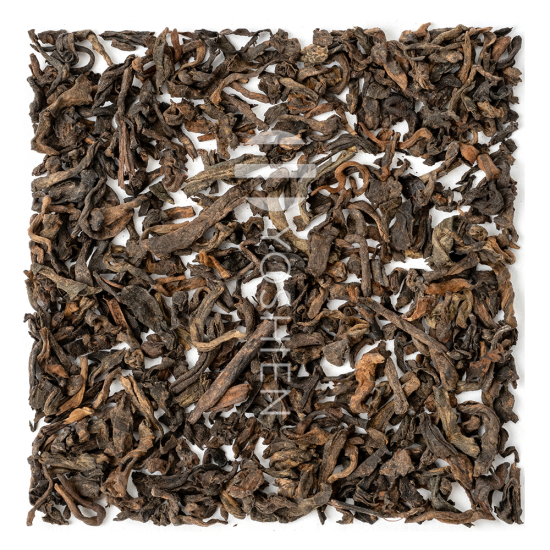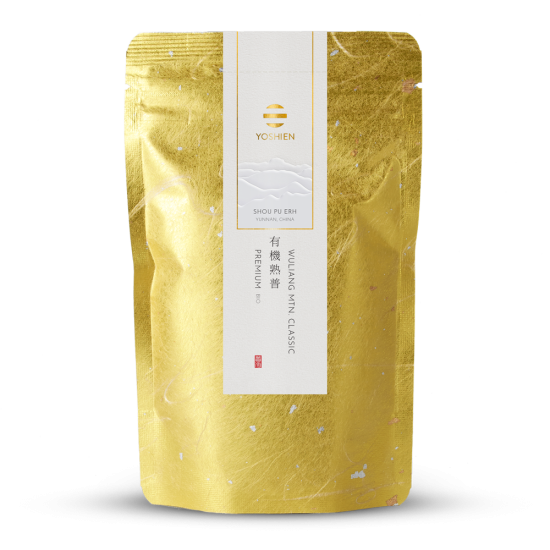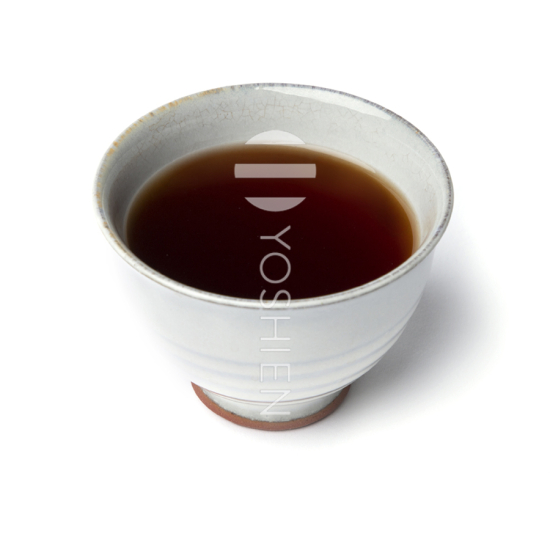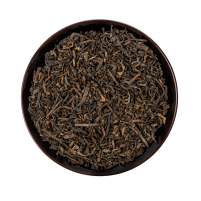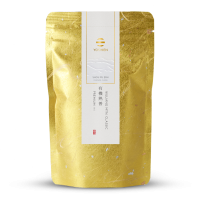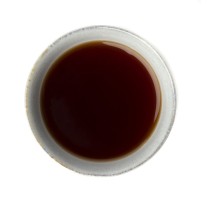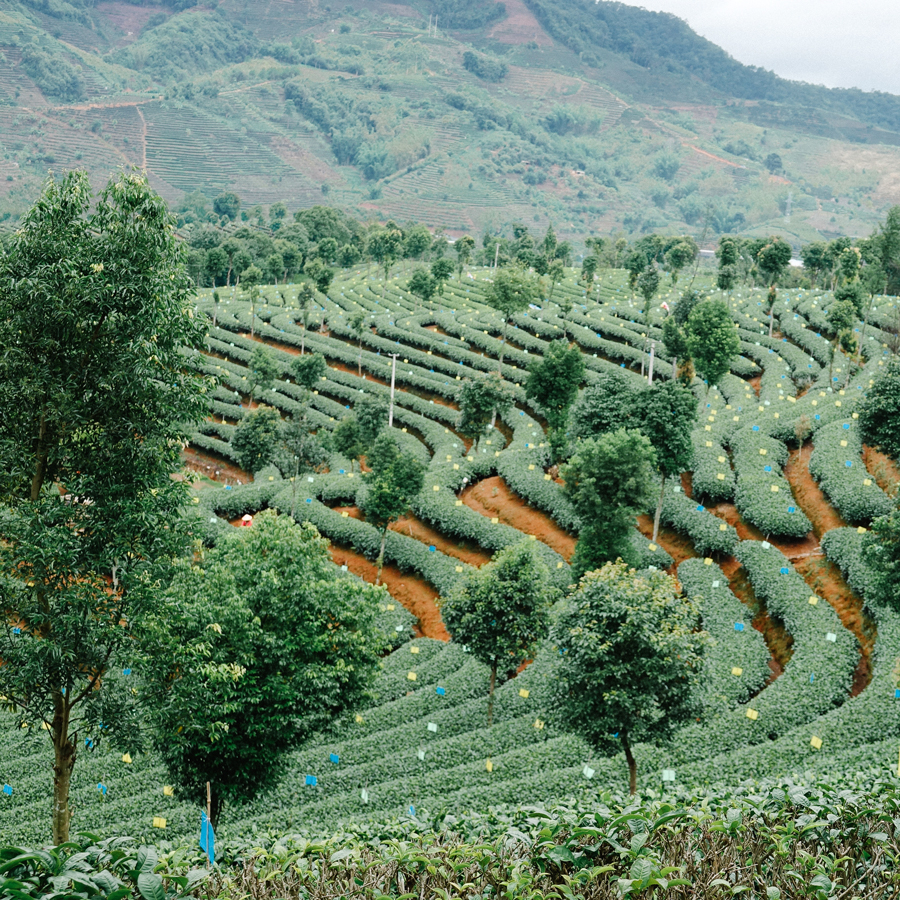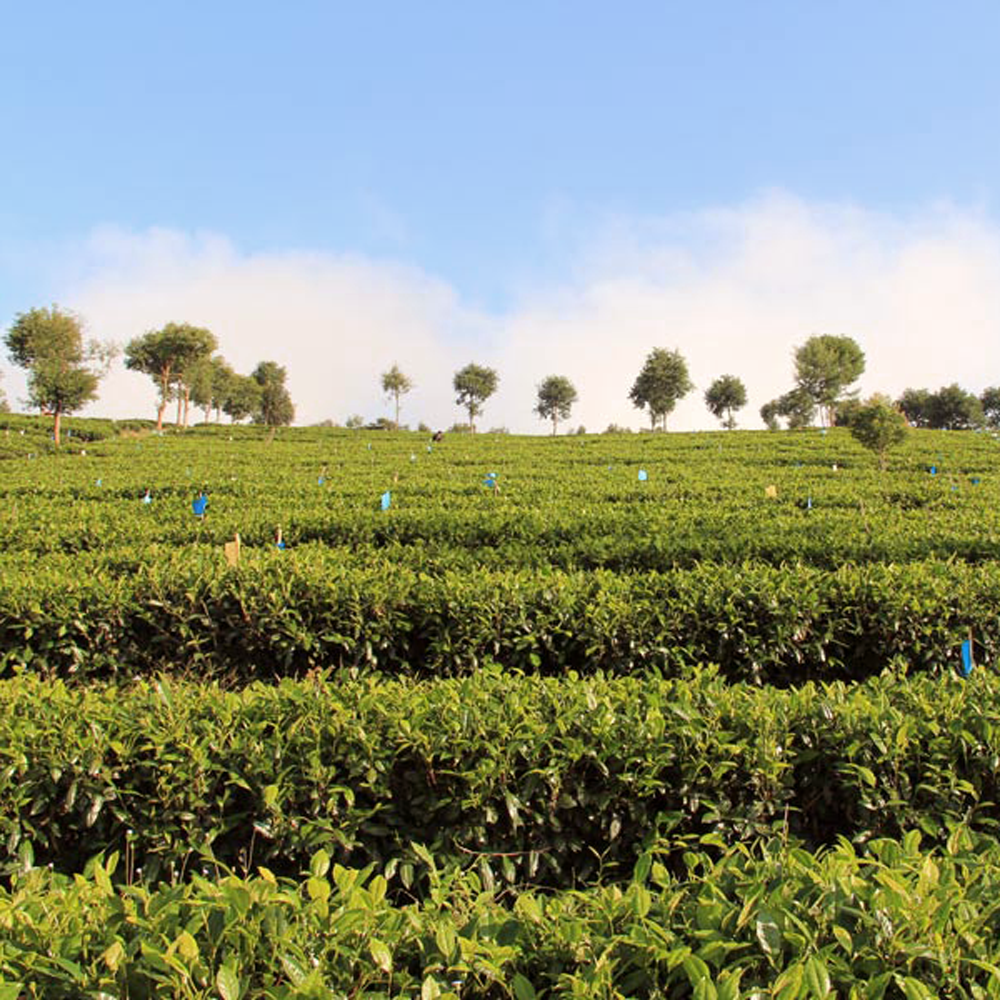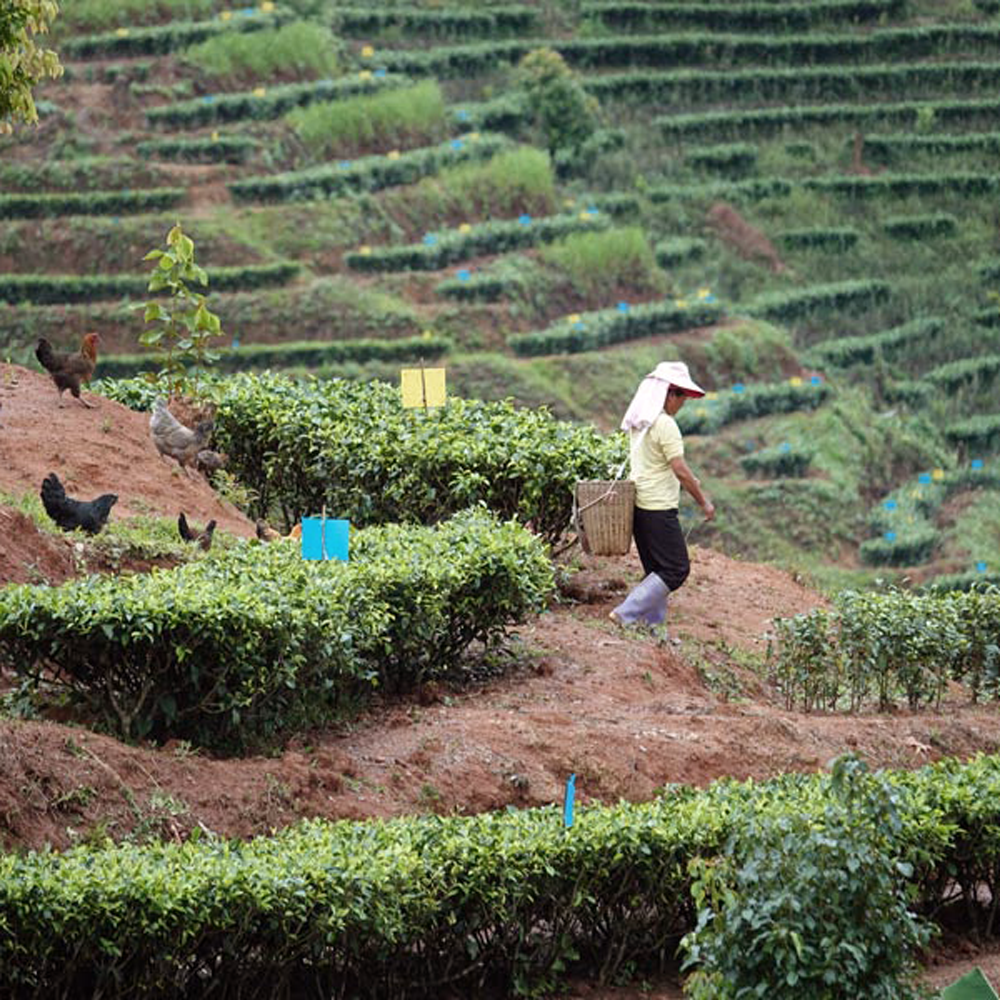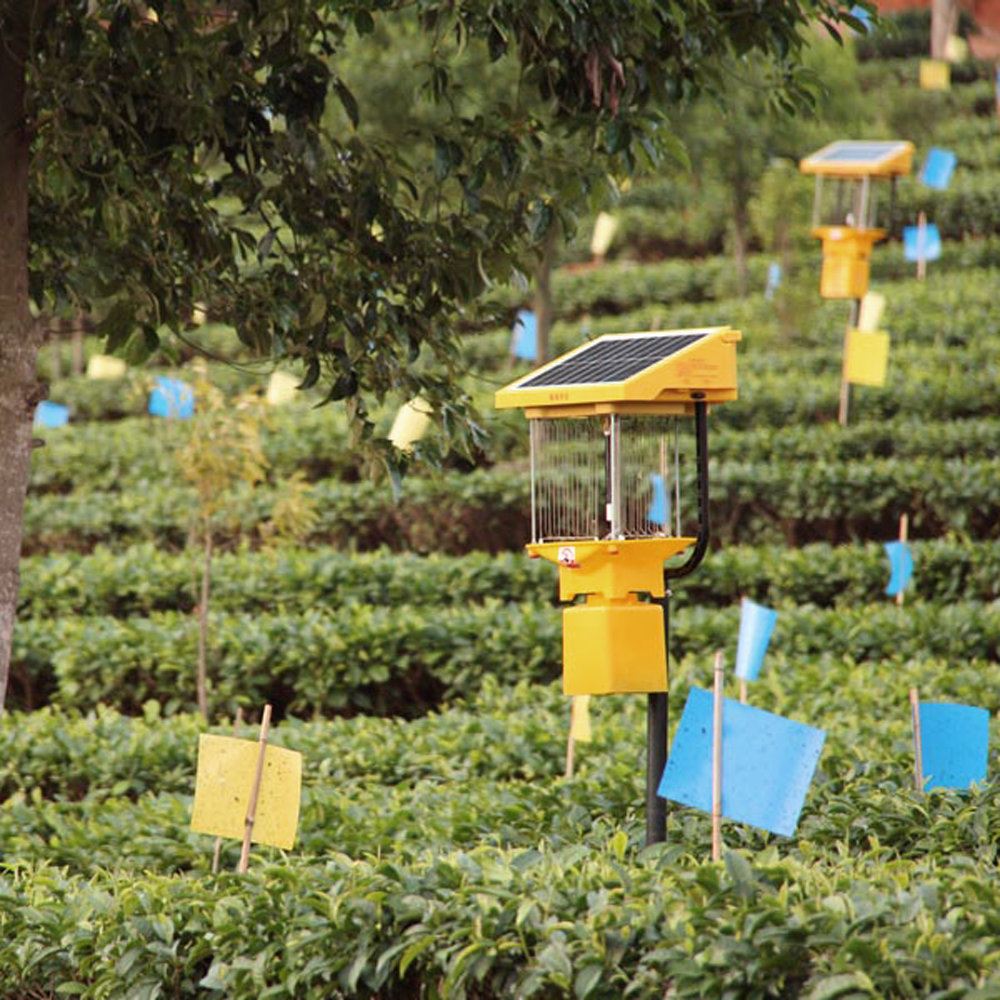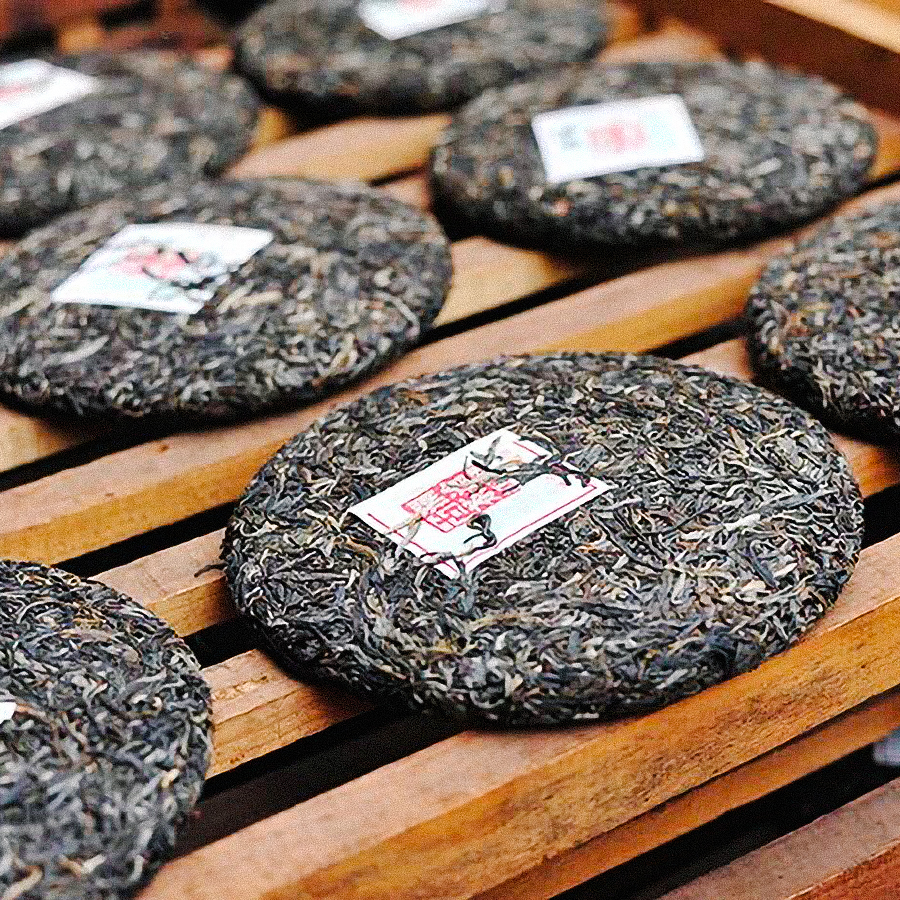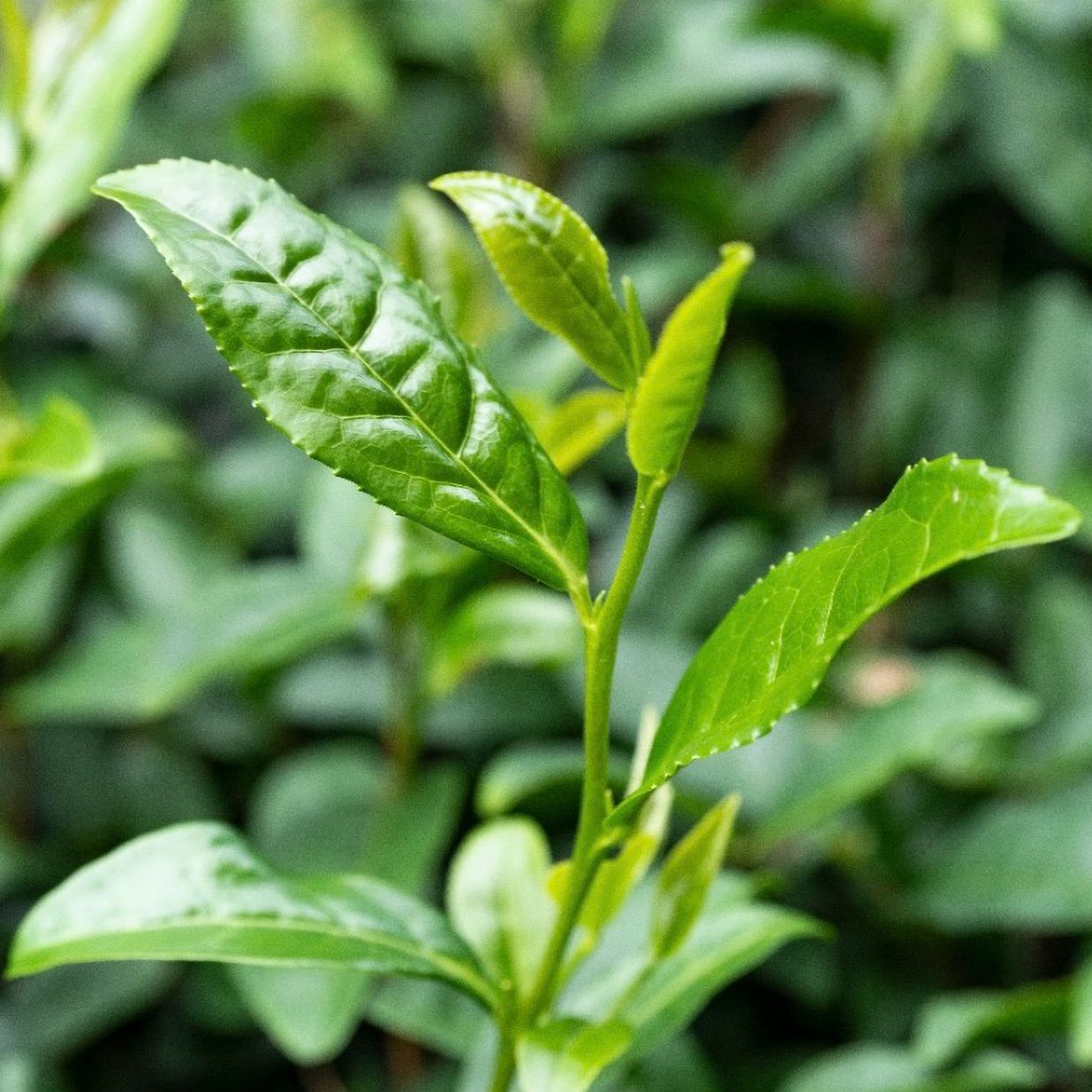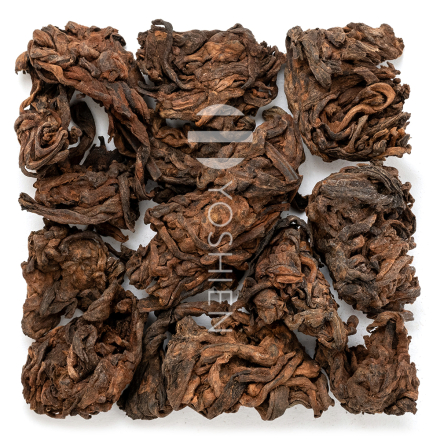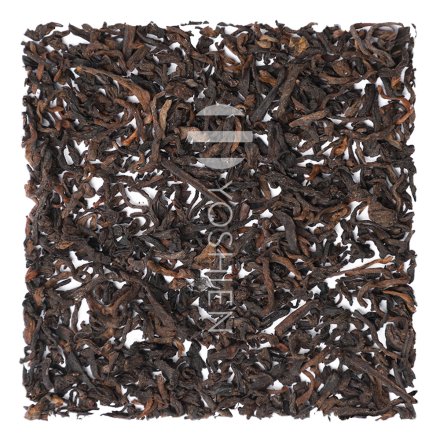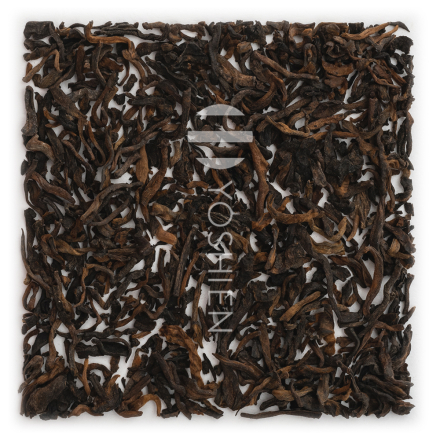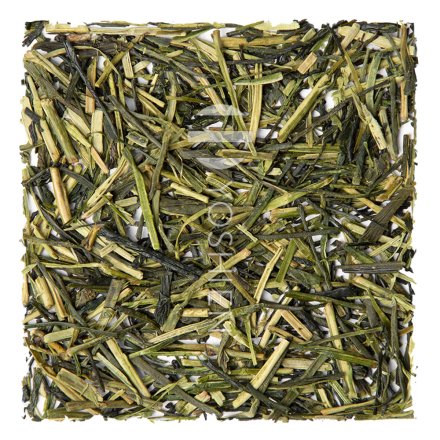Special features in location, cultivation and processing
The highlands of Yunnan have a generally mild, subtropical climate, even at higher altitudes. This is due to the predominantly south-facing slopes, which are strongly influenced by the climate of the Indian Ocean and the Pacific. This tea is cultivated in the Wuliang Mountains at an altitude of 1500 metres, above the city of Pu'er and far from any industry or major transport routes. The historical Tea Horse Road to Tibet runs through the tea fields, once serving as a passageway for trade. Traditionally, various large-leaf cultivars are grown in Yunnan, some of which can be traced back to ancient tea plants.
The tea is first withered indoors. This initial oxidation is then halted by the "Kill Green" process, involving brief oven heating, after which the tea is spread out in the sun for the first stage of drying. It is then layered indoors for 60 days to ferment, a process known as piling. Finally, it undergoes further drying – first briefly by machine, then again in the sun – before the leaves are meticulously selected according to strict standards.
Centuries-old Pu Erh tea trees
The tea plants needed for producing Pu Erh are autochthonous, large-leafed, and wild-grown tea plants. In contrast to generic tea plants grown around the world, this type does not grow as a bush, but rather as a tree that can live for up to thousands of years. Scientific studies of the Camellia taliensis suggests that this tree is the common ancestor of all other types of tea. This cultivar is native to the region where China, Vietnam, Laos, and Myanmar meet. This is also where the Chinese province of Yunnan is located, and the history of Yunnan is also intertwined with the first known attempts to cultivate tea. For this reason, Yunnan is often considered the "cradle of all teas". In the tea forest of Yunnan, each tree has an individual character with a different shape and different cultures of moss and fungi. As such, each tree produces its "own" tea. The older the tree, the deeper its roots extend into the earth and into deep layers of rock and stone. These older trees can absorb minerals and trace elements that are passed on to the leaves and buds. The tea made from the buds and leaves of wild-grown older trees is thus rich in minerals and highly desirable.
Organic Certification

PL-EKO-01
Nicht-EU-Landwirtschaft



